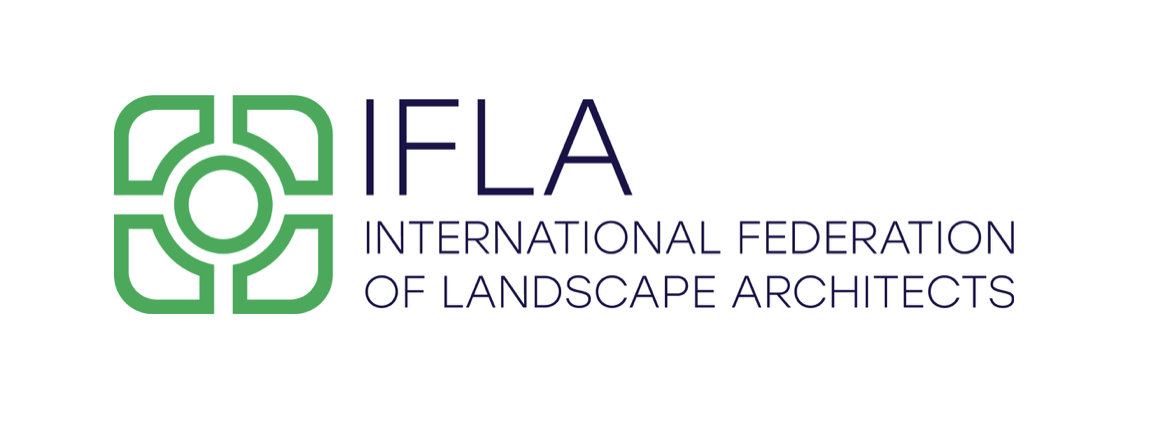THE AAK URBAN THINKERS CAMPUS 16th-18th NOVEMBER 2020
Theme: Designing a Multi-Hazard Resilient City
The Urban Thinkers Campus is an initiative of UN-Habitat conceived as an open space for critical exchange between urban researchers, professionals, and decision-makers who believe that urbanization is an opportunity and can lead to a positive transformation. It is also intended as a platform to build consensus between partners engaged in addressing urbanization challenges and proposing solutions for the urban future. The first Urban Thinkers in Campus was organized in the framework of the Universal Forum of Cultures of Naples and Campania, in partnership with the municipality of Caserta and the region of Campania. It was hosted by the city of Caserta, at the Belvedere of San Leucio, a UNESCO Cultural Heritage, from the 15th to the 18th of October 2014. Based on the theme “The City We Need,” the Campus was meant to bring together urban thinkers and established UN Habitat partner organizations and constituencies to reflect on current urban challenges and trends and to propose a new paradigm as a contribution to the New Urban Agenda to be delivered at the United Nations Conference on Housing and Sustainable Urban Development (Habitat III, 2016).
The Urban Thinkers Campus was designed to facilitate the debate and to elaborate on the new urban paradigm through an open global conversation with all urban thinkers who are ready to contribute to the battle for a sustainable urban future. Being the first of its kind, the Architectural Association of Kenya with support of the International Union of Architects and International Federation of Landscape Architects will be holding a virtual Urban Thinkers Campus based on the theme Designing a Multi-Hazard Resilient City with specific reference to Kilifi as a case study.
About the AAK Urban Thinkers Campus
Much of Africa’s rapid urban growth is happening in towns and secondary cities that drive social and economic transformation. These secondary cities, especially those located along coasts; struggle to accommodate this rapid expansion, with many migrants moving to informal areas that are prone to a variety of man-made and natural environmental hazards. Building resilience in these secondary cities is important for achieving country-level development objectives as these cities form the link between rural areas and larger cities, and between traditional and industrialized economies. The campus herein is intended to provide a platform for discussions relating to the need for urban resilience and fulfillment of the SDG goals and realization of the objectives of the New Urban Agenda.
The primary objectives of the campus include among others;
(1) Establishing an understanding of the challenges of a sustainable and resilient urban development,
(2) Analyzing the steering mechanisms and instruments of urban resilience and
(3) Developing appropriate strategies and measures necessary for achieving urban resilience especially in their world countries.
More information here.

